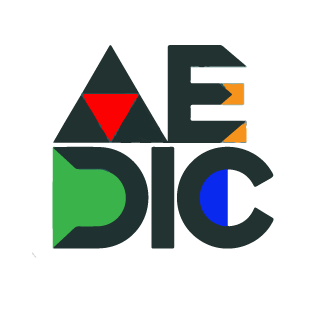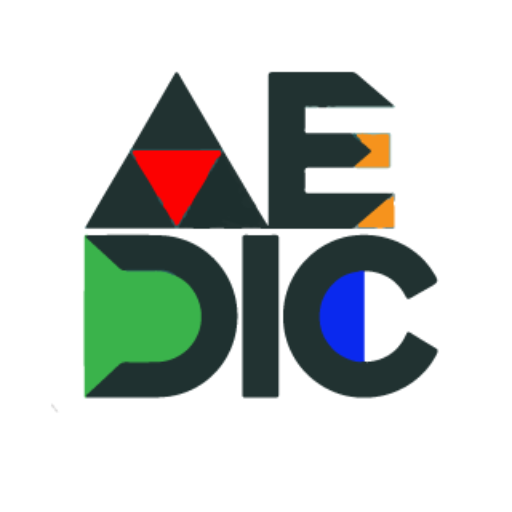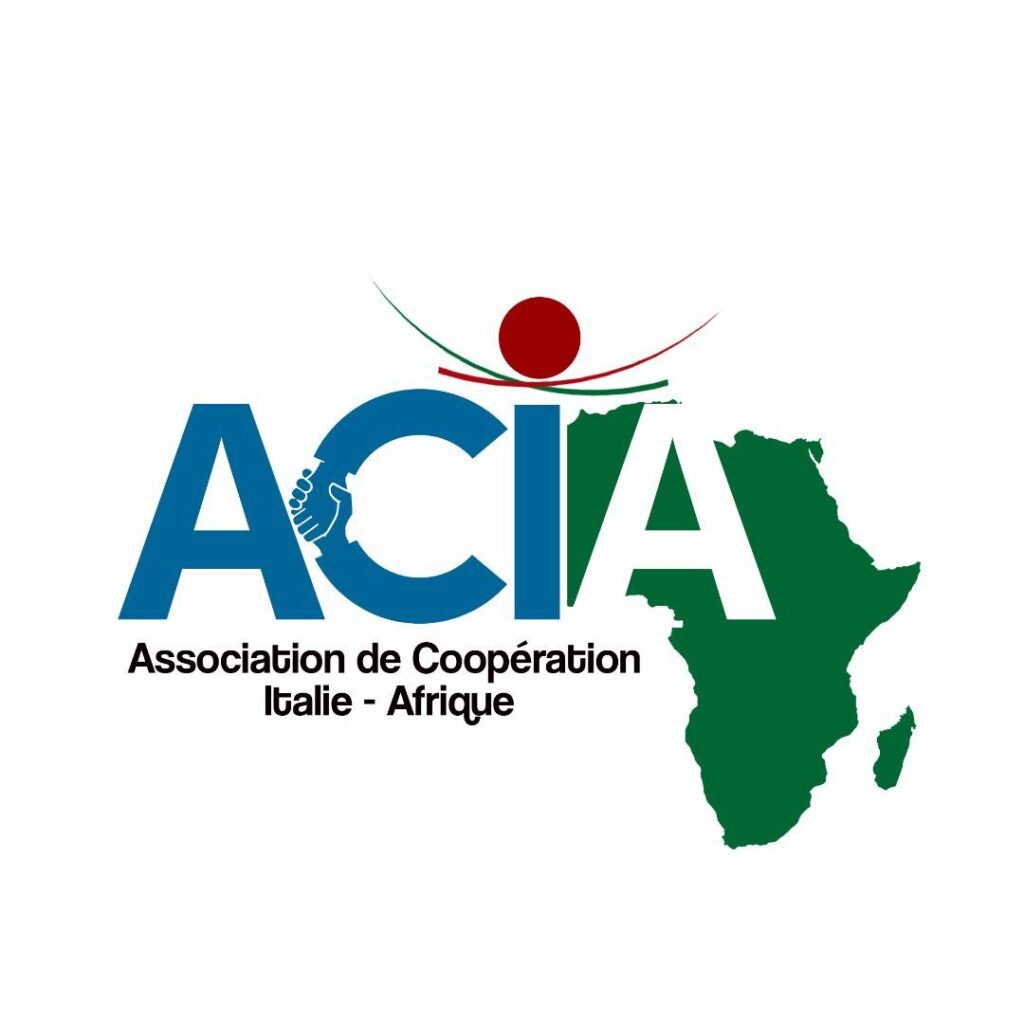The project Digital Egypt 2030 is at the heart of Egypt's strategic vision to modernise the economy, enhance public services and position the country as an African leader in the digital age. With an integrated investment in infrastructure, technological skills and digital services, Egypt aims to create an interconnected and innovative society by 2030.
The strategic context: Egypt Vision 2030
Launched in 2016, Egypt Vision 2030 is the roadmap for the sustainable development of the country, with the digital pillar playing a transversal role. The aim is to build a 'Digital Egypt' through:
- Advanced infrastructure: 5G networks, fibre optics and data centres.
- Digitised public servicesE-government, e-health, e-education.
- Financial inclusion: Digital payments and fintech.
- Innovation and skills: IT training and support for start-ups.
The ICT sector has already grown by 16% in 2020/21, contributing to 5% of national GDP, with digital exports at $4.9 billion in 2022.

The pillars of Digital Egypt 2030
1. Digital Infrastructure: The Backbone of Transformation
Egypt invested $1.1 billion in the development of 5G networks and the expansion of fibre optics, reaching 70% of the population connected to the internet by 20204. Among the key initiatives:
- National CablingOver 35,000 km of optical fibre to connect urban and rural areas.
- Cloud data centreConstruction of regional data storage hubs, with partnerships with companies such as Amazon Web Services and Microsoft Azure.
- Cybersecurity: Strengthening digital defences to protect institutions and citizens.
2. E-Government: public services at the click of a mouse
The unified portal Egypt E-Government Services offers over 100 digital services, including:
- Request for documents (passports, identity cards).
- Payment of taxes and fines.
- Access to health records and school results.
With 6 million registered users in 2021, the system reduced waiting times by 40% and administrative costs by 25%.
Successful examples:
- Meeza CardThe national card for electronic payments, used by 12 million citizens for salaries and pensions.
- Hafiz PlatformA digital hub connecting international investors with financing opportunities in the country, developed with German support (BMZ).

3. Financial inclusion and fintech
The adoption of digital solutions has revolutionised access to banking services:
- Fawry and Vodafone Cash: Mobile payment apps used by 57 million users for daily transactions.
- Growth in digital banking: 56% of adults have a bank account, with projections of 57.9 million digital wallets by 2025.
4. Training and innovation
The Digital Transformation Centre Egyptsupported by Germany, promotes public-private partnerships for:
- Digital skills: Courses in coding, AI and blockchain for 50,000 students/year.
- Startup incubator: Funding and mentorship for tech projects, with a focus on agritech and healthtech3.
- International Collaborationsprogrammes with companies such as Google and IBM to accelerate the adoption of emerging technologies.
Economic and social impact
GDP growth and employment
The ICT sector is among the most dynamic, with an annual growth of 15-20% and the creation of 500,000 jobs directed by 2030. The export of IT services to Arab and European markets generated $3.2 billion in 2023.
Reducing the urban-rural divide
Thanks to 1000 technology centres built in remote areas, 45% of the rural population now access health and education services via online platforms.
Transparency and governance
Digitisation has improved institutional transparency, with a reduction of 30% corruption in public services.
Challenges and future prospects
Despite progress, obstacles remain to be overcome:
- Digital divide30% of the rural population still has no access to fast internet.
- Computer security20% increase in hacker attacks in 2024 requires additional investments.
- Regulation: Need to update privacy and e-commerce laws.
The government plans to:
- Tripling investment in AI and IoT by 2026.
- Establish a digital city in Sinai, dedicated to research and start-ups.
- Expand partnerships with the EU and US for green technologies.
Digital Egypt 2030 is not just a technology plan, but a cultural revolution that integrates innovation, inclusion and sustainability. With a mix of infrastructure investments, institutional reforms and global collaborations, Egypt aims to become a model for Africa and the Middle East, demonstrating how digital transformation can be a driver for economic and social development.






